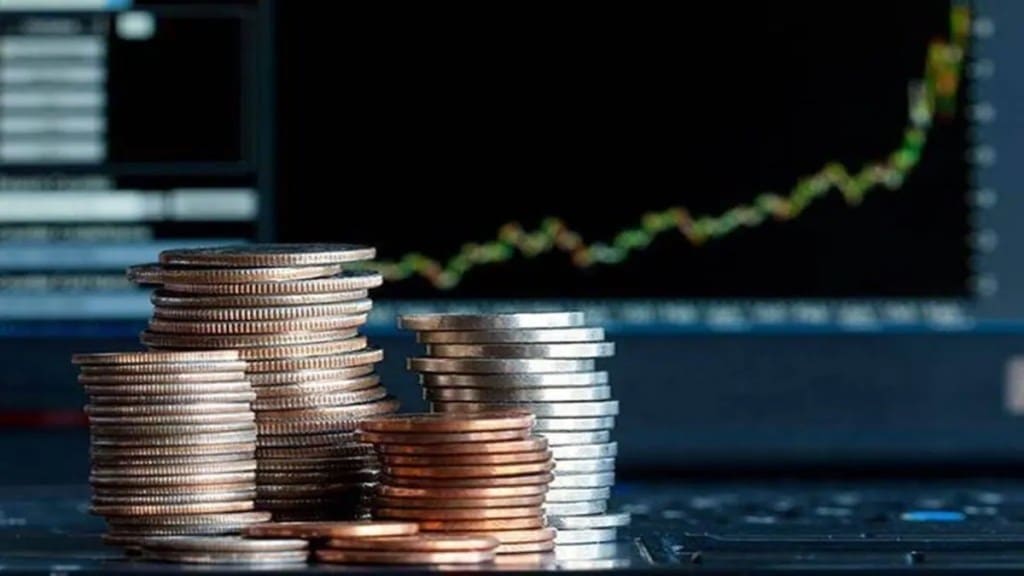Corporate India is gearing up for a challenging trade environment in the wake of the 27% reciprocal tariffs imposed by the US on Thursday. While the Trump administration has described the move as its moment of liberation, India Inc leaders feel there are some pain as well as some gain.
From India’s perspective, key sectors such as gems and jewellery, automotive, and engineering goods are expected to bear the brunt of higher levies, impacting their competitiveness in global markets. The silver lining is that some sectors have been exempted from the steep reciprocal tariffs for now. These include pharmaceuticals and energy products. Indian electronics companies are seeing clear gains over China and Vietnam in the current round of tariff hikes.
“The true long-term inflection point for India’s electronics trade with the US will rest on the successful conclusion of the bilateral trade agreement (BTA),” Pankaj Mohindroo, chairman, India Cellular and Electronics Association (ICEA), said.
Kiran Majumdar-Shaw, chairperson, Biocon Group, said the US government’s decision to exempt pharmaceuticals underscored the critical role of the sector in public health. “The emphasis on affordability, accessibility and availability of life-saving drugs is particularly important, as it resonates with the shared priorities of both nations,” she said.
Companies within engineering, and gems & jewellery, however, are assessing the impact of the reciprocal tariffs on their businesses and the broader economy in general.
“Our annual exports to the US are worth around $20 billion. The realignment of tariffs is expected to result in a reduction of around 20-25% in our exports in the first year,” Engineering Export Promotion Council (EEPC) chairman Pankaj Chadha said.
Colin Shah, MD at Kama Jewelry, a Mumbai-based diamond jewellery manufacturer, said the gems and jewellery sector was bracing for a sharp fall in exports as hefty US tariffs would impede overseas sales to its biggest market.
“The tariff is higher than expected. It will affect exports to the US,” Shah said, adding that manufacturers may have to look at alternative locations.
Sabyasachi Ray, executive director of the Gems & Jewellery Export Promotion Council (GJEPC), said, “We are urging everyone to wait and watch as negotiations on bilateral trade agreement are under way. Our concerns have been sent to the commerce ministry and other bodies and we hope for the best.”
Alkesh Shah, vice chairman of Mumbai-based Goldstar Jewellery, said that jewellers would have to turn their attention to the domestic market instead of exports following the reciprocal tariffs by the US.
“The chances of remaining competitive are slim if other countries have lesser tariffs. To cut our losses, industry bodies may collaborate with the government to boost domestic sales. At the very least, it will save many people from unemployment,” he said.
